Work faster.
Get started immediately with our ready-to-use templates that comply with the latest technical documents & datasheets (SCIOS).


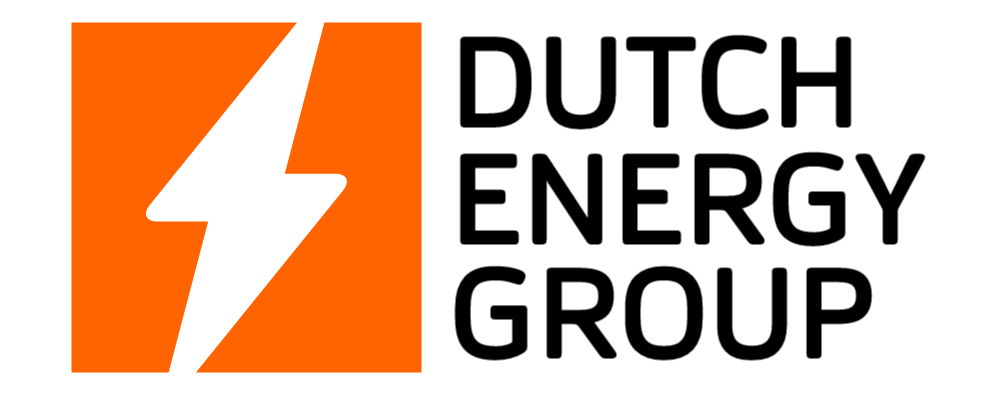
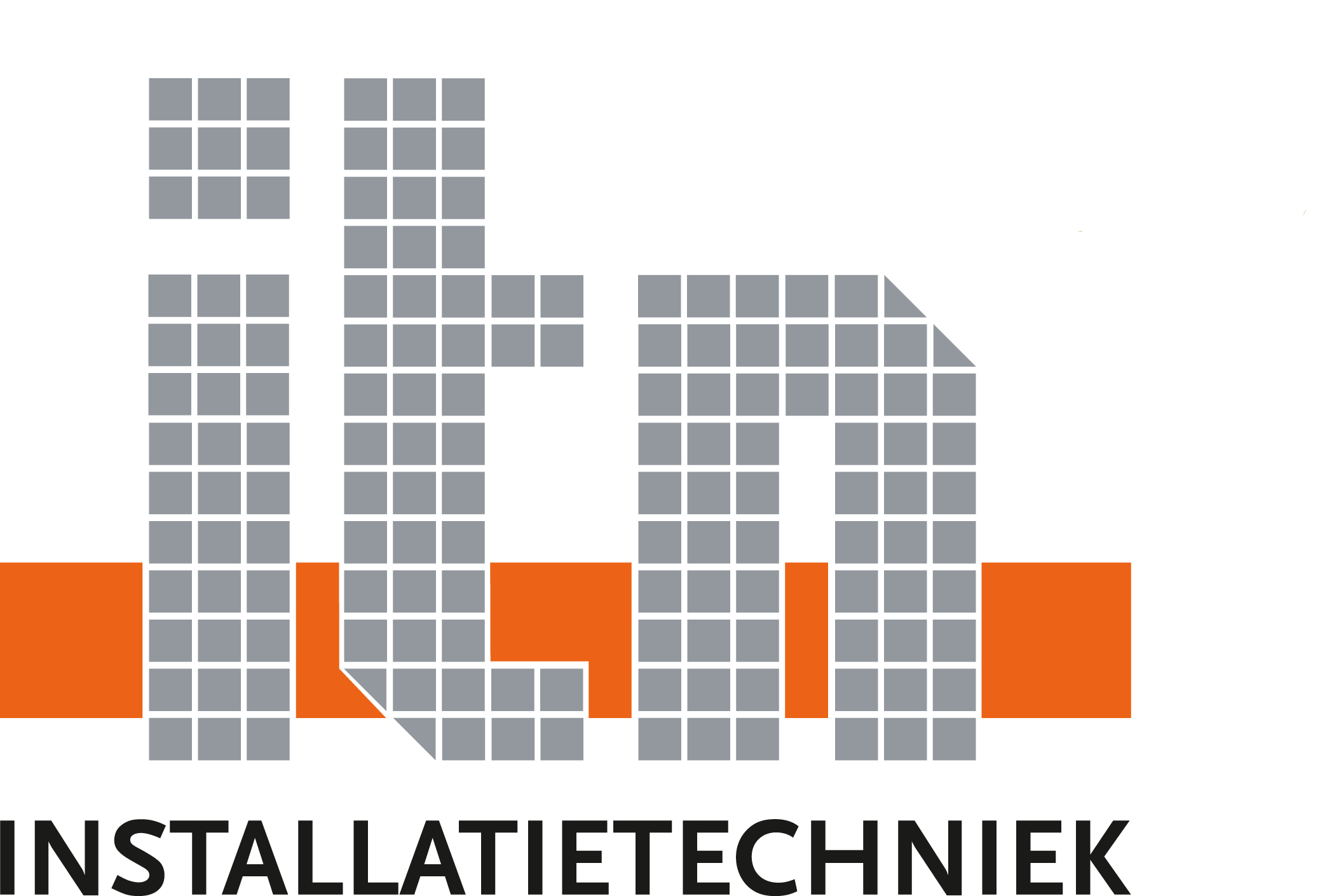
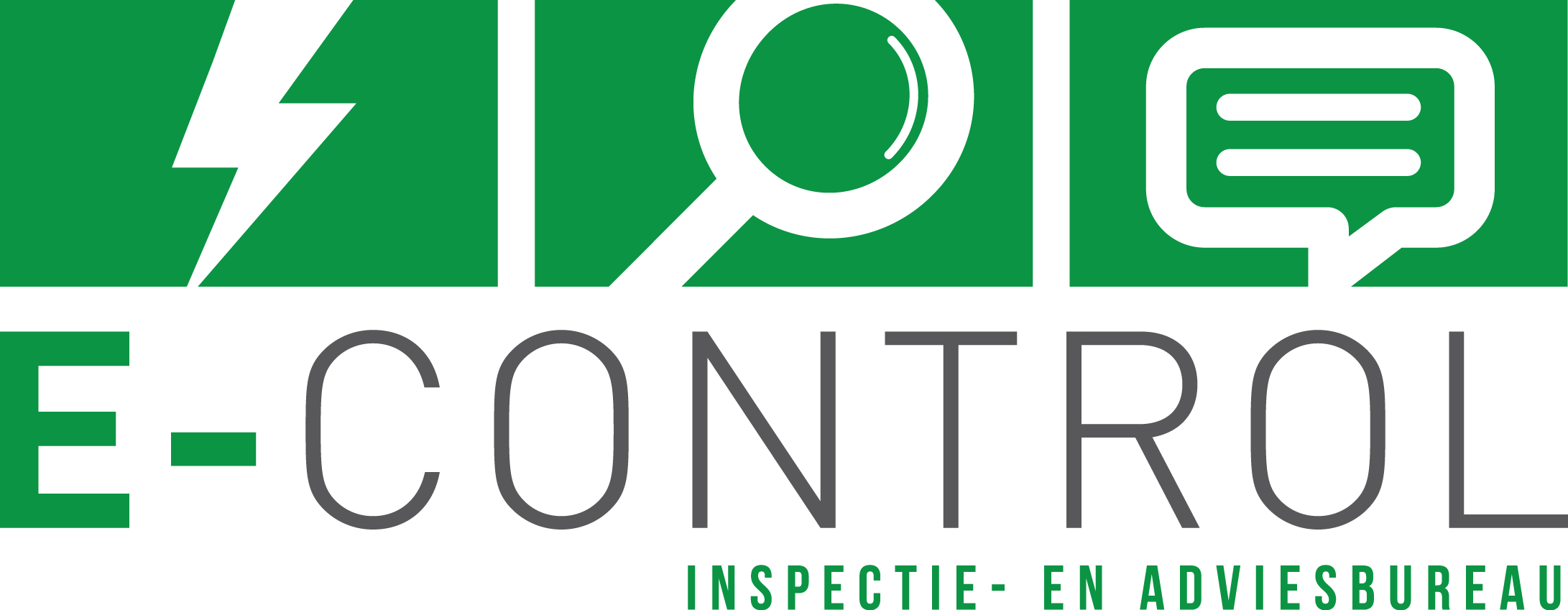
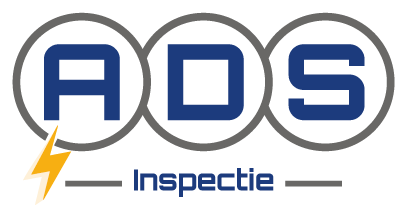
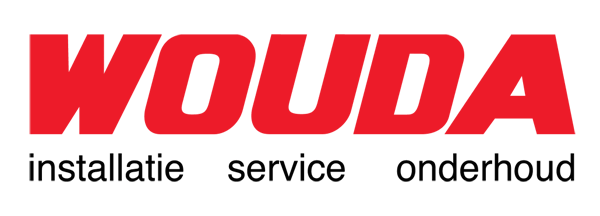


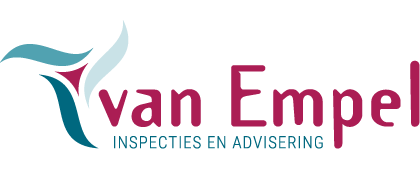

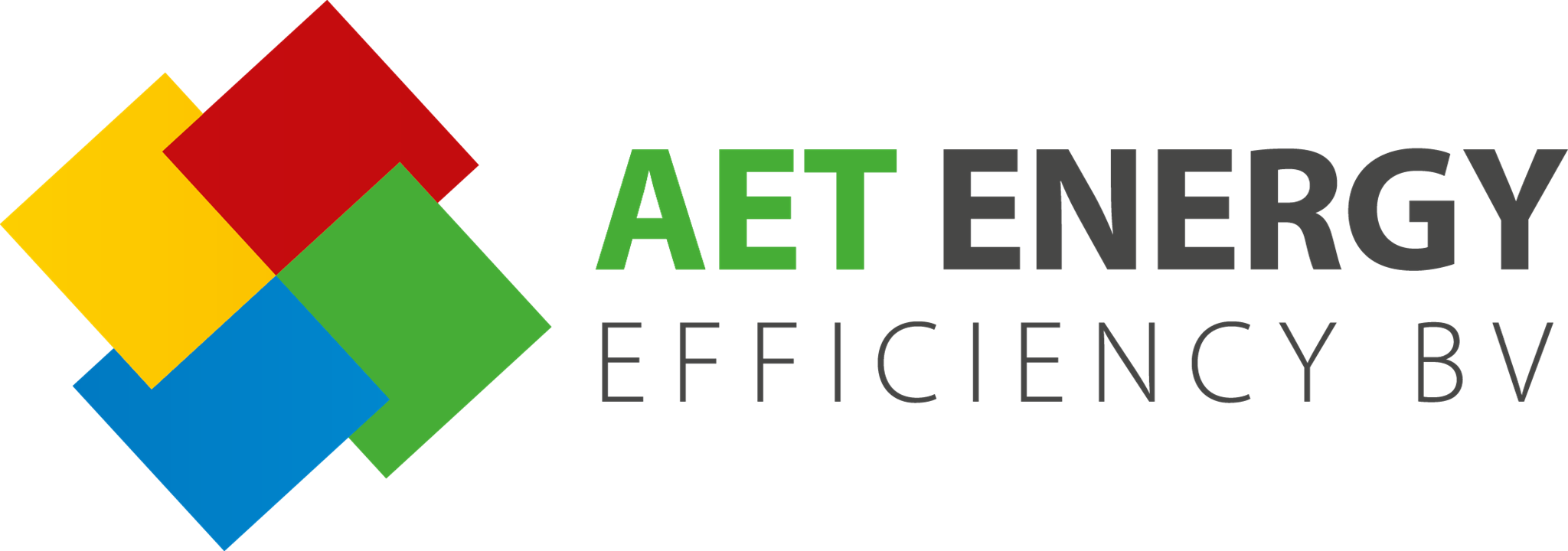
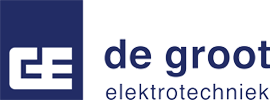



Get started immediately with our ready-to-use templates that comply with the latest technical documents & datasheets (SCIOS).
All your data is immediately digital: no more wasting time transferring your paper notes. Plus, you gain better insight into your data.
No more errors from lost papers or unreadable text. You can also take and add photos directly within the app to your reports.
Get started immediately with our ready-to-use templates that comply with the latest technical documents & datasheets (SCIOS).
All your data is immediately digital: no more wasting time transferring your paper notes. Plus, you gain better insight into your data.
No more errors from lost papers or unreadable text. You can also take and add photos directly within the app to your reports.
As a SCIOS-certified (or aspirant) inspector, you conduct Scope 12 inspections to ensure the quality of photovoltaic (PV) systems.
Begin your Scope 12 inspections immediately with our ready-to-use inspection forms, fully prepared according to TD18 and IB22: the inspection plan, inspection report, and correction report. Our SCIOS Scope 12 inspection forms are suitable for both initial special inspections (EBI) and periodic inspections (PI). Additionally, the quotation and notification report are available to further digitalize your processes.
.webp?width=866&height=930&name=Scope-12%20(zonnestroom%20installaties).webp)

The SCIOS Scope 12 inspection involves a documented inspection plan that serves as a guideline for conducting the inspection. Although each inspection is unique, the plan provides standardized frameworks that objectively define the execution and content of the inspection.
With our ready-to-use Scope 12 inspection plan, both you and your client will know exactly what to expect from the inspection in advance. Once you have completed the inspection plan, you can easily import the data into the inspection report. This saves time by requiring data entry only once, contributing to a more efficient and faster workflow.
After your client's approval of the inspection plan, you begin the Scope 12 inspection. During the inspection, for an Initial Special Inspection (EBI), you assess the quality of the materials to determine if the installation meets current standards and manufacturer instructions. For a Periodic Inspection (PI), you primarily evaluate the condition of the installation. All identified deviations, faults, and defects are classified according to the IB22 classification established by the Stichting SCIOS.
Your work becomes smarter, faster, and more accurate with features such as automatic IB22 classification, a voltage drop calculator, an integrated standard defect list, and reference tables. These tools enable you to quickly and efficiently compile your professional reports.

%20(1).png?width=1400&height=932&name=Herinspectie%20Scope%2012_1%20(1)%20(1).png)
During the Scope 12 inspection, you prepare a report detailing your findings. This report identifies specific issues that need to be corrected by an installer. A follow-up inspection is then conducted to assess and verify that these corrections have been properly addressed.
Incontrol E-Inspecties streamlines this process by automatically integrating the identified defects and measurements from the initial inspection into your correction report. Our digital tool provides a clear overview by comparing the original and new measurements side by side. With our ready-to-use correction forms, you avoid redundant tasks, ensuring a streamlined and efficient process.
Once you have completed the inspection, sign the report digitally. With a single click, send the professional inspection report in your own branding, including your company logo, via email to both your client and yourself.
Streamlined, professional, and immediately handled!

Work in accordance with SCIOS Scope, NEN, and/or NTA standards. Updates are processed into your inspections every 6 months
Designed for use in high-risk environments. Incontrol is ISO 27001 certified, fully GDPR-compliant, and supports the requirements of the NIS2 directive.
Inspectors using Incontrol
E-Inspections are successfully audited by Kiwa and Bureau Veritas.
Easily add and edit photos, and incorporate them into your reports.
Work wherever and whenever you choose on your laptop, tablet, or smartphone within your own digital environment.
Sign forms with a legally valid digital signature.
Work in accordance with SCIOS Scope, NEN, and/or NTA standards. Updates are processed into your inspections every 6 months
Designed for use in high-risk environments. Incontrol is ISO 27001 certified, fully GDPR-compliant, and supports the requirements of the NIS2 directive.
Inspectors using Incontrol
E-Inspections are successfully audited by Kiwa and Bureau Veritas.
Easily add and edit photos, and incorporate them into your reports.
Work wherever and whenever you choose on your laptop, tablet, or smartphone within your own digital environment.
Sign forms with a legally valid digital signature.

"With the Incontrol app, we can easily add photos to the report while preserving the formatting. This saves us a lot of time and ensures we always have a well-presented inspection report."
Freerk Speelman

SCIOS (Systeemcertificatie Inspectie en Onderhoud van Systemen) is a Dutch certification scheme that sets standards for the inspection and maintenance of technical systems, including electrical and heating systems. It's important to note that the guidelines for SCIOS certification may differ by country.
A Scope inspection is an electrotechnical assessment certified by SCIOS. There are various types of inspections, such as Scope 8, 10, and 12, which focus on tasks like verifying the safety of electrical installations (Scope 8) or identifying fire risks (Scope 10). It is important to note that requirements for these inspections may vary depending on the country.
A SCIOS Scope 12 inspection is a certified method for assessing complete photovoltaic (solar power) systems. This method evaluates the fire safety and overall safety of the electrical installation.
A component of a Scope 12 inspection plan is the structural calculation of the roof. This documentation helps determine whether the roof with solar panels meets the required standards. It ensures that the roof will not crack, sag, or even collapse.
A 'layout plan' for Scope 12 is a scaled drawing of the roof that shows the placement of solar panels. The drawing includes all obstacles, such as skylights, dormers, and pipes. If the layout plan was not received during the preparation of the inspection plan, it can be requested on-site.
The SCIOS Scope 12 inspection for solar panels and photovoltaic installations is based on several standards, including NEN 1010, NEN-EN-IEC 62446-1, NEN-EN-IEC 61439-1, NEN-EN-IEC 62305, and NEN 3140.
The SCIOS Scope 12 practical exam typically consists of the following four components:
For components 1 through 3, you will perform these tasks independently, using the standardized report format for the inspection report.
SCIOS Scope 12 consists of two distinct types of inspections: the Initial Special Inspection (EBI) and the Periodic Inspection (PI). Each inspection has a different focus:
Initial Special Inspection (EBI): This inspection primarily assesses the quality of the installation's placement and whether it meets the requirements set by the manufacturer or supplier.
Periodic Inspection (PI): This inspection evaluates the ongoing condition and performance of the installation over time.
Technical Document 18 (TD18) outlines the requirements for inspecting photovoltaic (PV) installations. It specifies the standards and procedures that must be followed during a Scope 12 inspection. TD18 is published by SCIOS on its portal.
After obtaining your diploma, you are not yet SCIOS certified. Your company must demonstrate to the Certification Body that it adheres to the SCIOS quality system. Additionally, the individual must prove their competence and ability to work with this quality system to the Certification Body. Certification will be granted to the company only when both conditions are met.
As an aspirant, you will undergo the certification process with a Certification Body. Companies that meet certain conditions are also authorized to perform SCIOS Scope 12 inspections.
Yes, as an aspirant, you are permitted to carry out Scope 12 inspections.